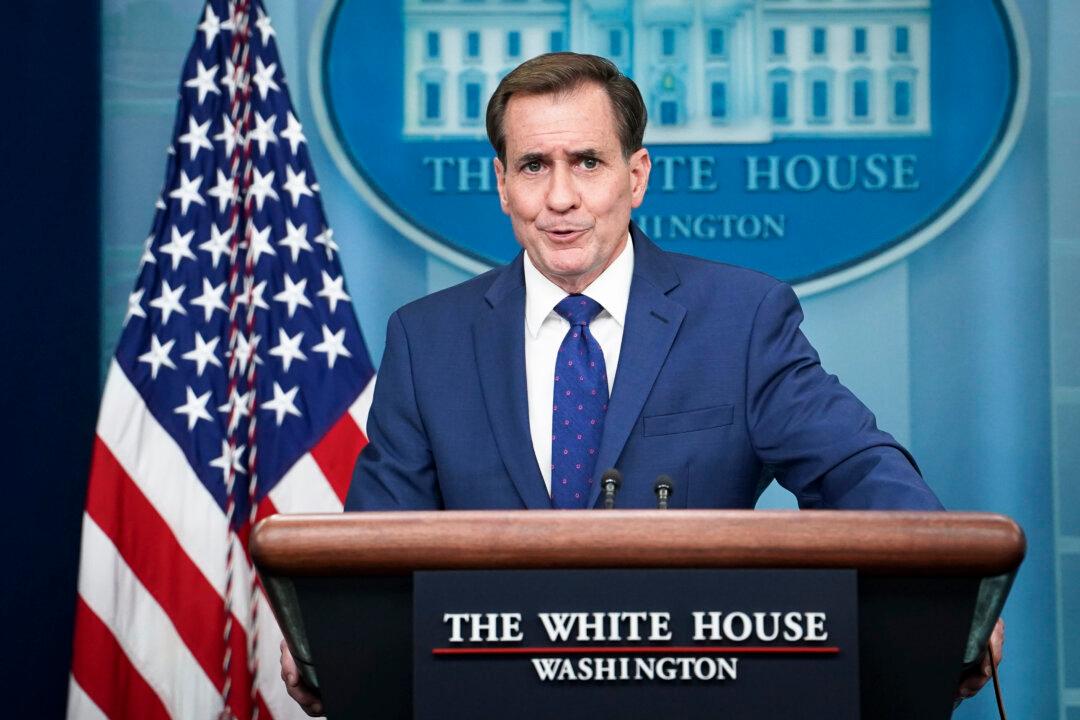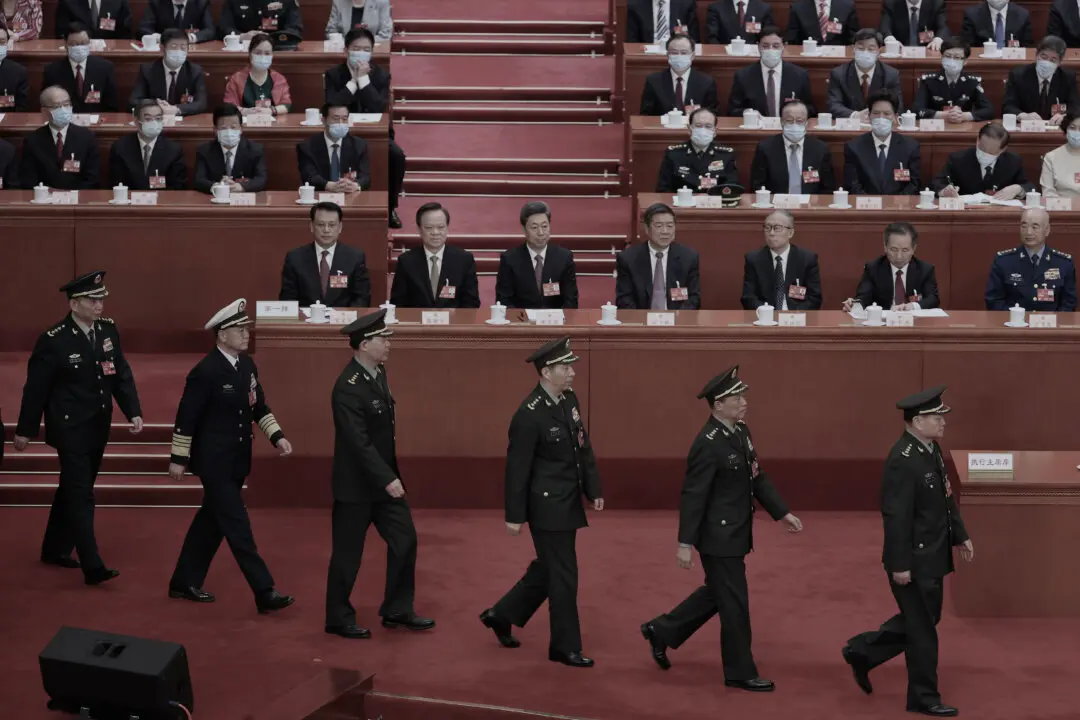The White House has condemned the Chinese regime for its ban on purchases of memory chips from the U.S. company Micron, calling it retaliation over a recent Group of Seven (G-7) statement, but said Beijing’s sanction won’t affect Washington’s efforts to improve communication with China.
The Chinese regime’s ban on purchases of Micron’s chips over security concerns is “just baseless,” John Kirby, White House National Security Council spokesman, stated at a May 24 press briefing.




